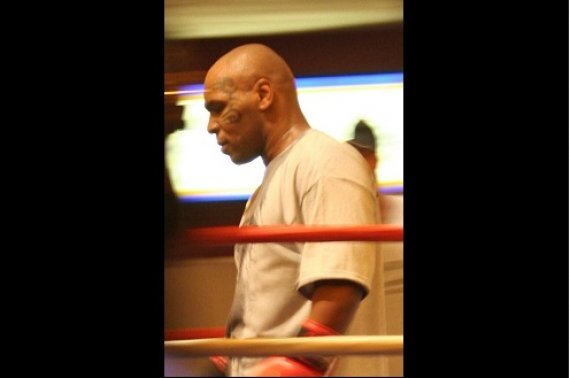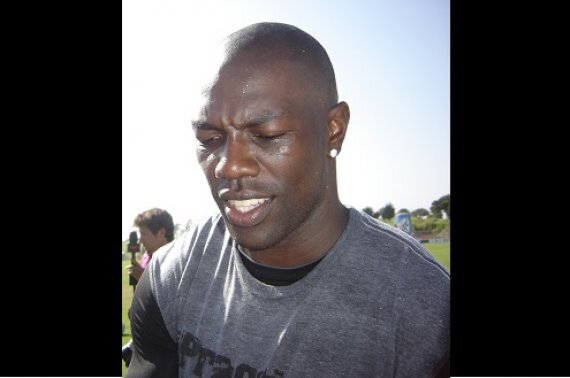
<b>Mike Tyson</b>
TOTAL: $5 million+
Original Story
Photo by Octal@Flickr (http://flickr.com/photos/octal/279213632/), via Wikimedia Commons

<b> Denny Neagle</b>
Photo Courtesy of COMC.com

<b>Doug Mirabelli</b>
The award came after the couple claimed that their income portfolio, comprised of equities pledged against Merrill Lynch-owned mortgages, suffered losses that resulted in their liquidation in late 2008.
In the case summary, the claim named financial advisor Phil Scott for providing inappropriate investment advice for securities including Alliance Resource Partners, Apollo Investment Corp. and Copano Energy LLC. Scott was not named as a respondent in the case.
Original Story
Photo by Wknight94 [GFDL (http://www.gnu.org/copyleft/fdl.html)] via Wikimedia Commons

<b>Horace Grant</b>
Grants case was one of several investors who brought a case against Morgan Keegan over a family of bond funds that went suffered heavy losses in the 2008 crisis. Raymond James bought Morgan Keegan in April of last year and was indemnified of the litigation surrounding those funds.
Photo by Rob from Galapagar (Madrid), Spain (Lakers vs Grizzlies #2003) via Wikimedia Commons

<b>Kyle Orton</b>
Photo by Mike Shadle (http://www.gnu.org/copyleft/fdl.html)], via Wikimedia Commons

<b>Success Trade Securities</b>

<b>Terrell Owens</b>
In March of this year, FINRA barred Rubin and his firm from the securities industry for making unsuitable recommendations in highly risky, illiquid investments, including the casino.
This case demonstrates how broker misconduct can target high-income, inexperienced, and vulnerable investors, Brad Bennet, FINRA executive vice president and chief of enforcement, said in a statement. Jeffrey Rubin took advantage of professional athletes who placed their trust in him.
Photo By Tammy Ferrufino, via Wikimedia Commons

<b>Vince Young</b>
The agent being sued denied having access to Youngs financial accounts and told the Associated Press he would be filing a counter suit for defamation.
TOTAL: $5.5 million
Photo by elaine y from Austin, via Wikimedia Commons






